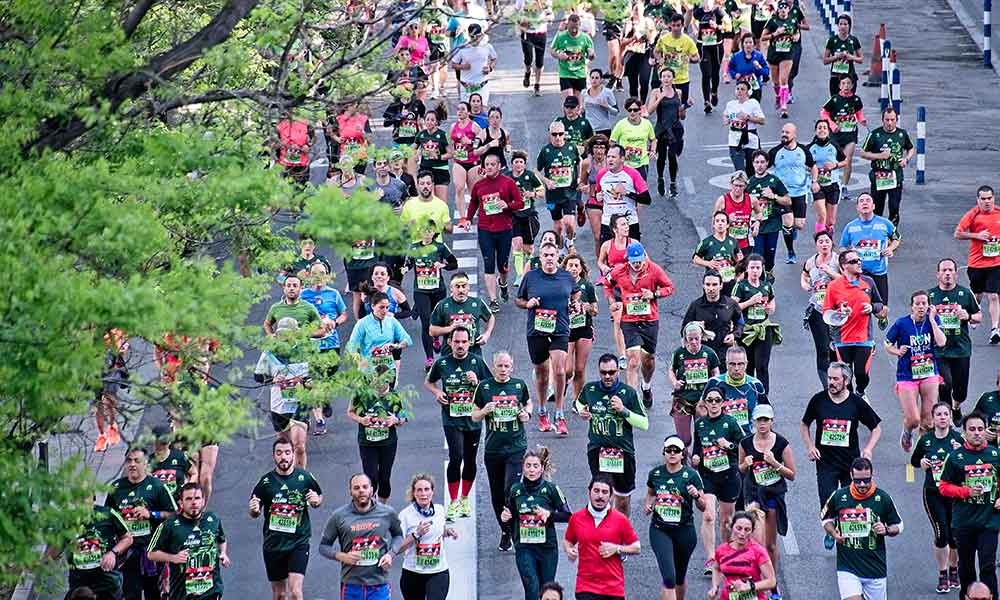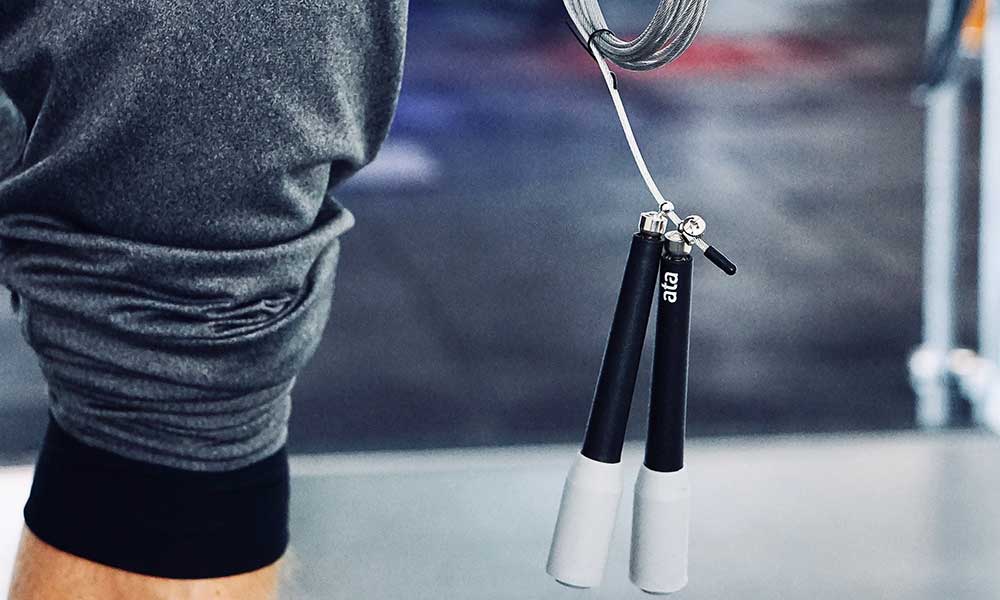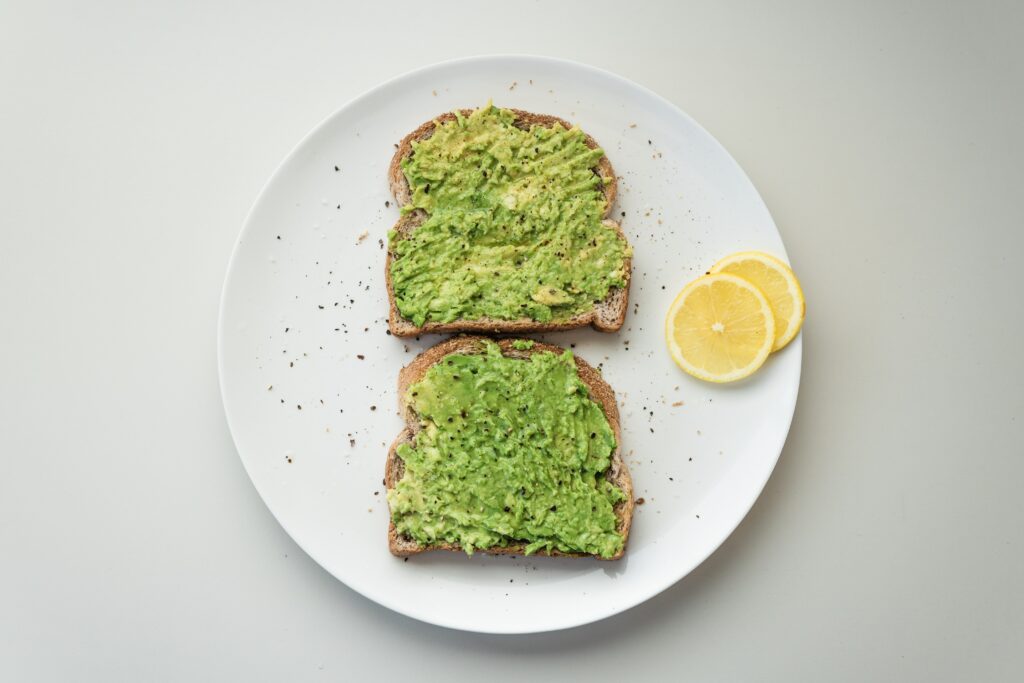Typically, due to adrenaline and the excitement of race day, most of us tend to run a little faster on race day and push a little extra. The goal is to finish strong and try to meet the goals you have set for yourself.
In general, the average marathon finish time is between 4-5 hours running on roads at a marathon pace of just over 9 minutes per mile. Some run faster and some will run slower.
The amount of time it takes to run a marathon will also depend largely on your unique physique and your training. As an amateur marathon runner, you likely won’t be competing to win the race, but what you can do is try to achieve a personal best with each race, getting stronger and stronger each time you run.
If you are already an experienced runner who knows their normal pace, you can take a look at a race pace calculator for your predicted marathon time.
How long does it take for a beginner to run a marathon?
If you’re starting with the goal of running your first marathon without having run one before, you’ll want to train well before so you can meet your goal of finishing the race. As a beginning runner, you will want to give yourself just around half a year to properly train. The worst is to push too hard and get injured or have to drop out of the race. Even if you’re an avid runner, but maybe running shorter distances, this also applies to you.
Training plans
A typical marathon training plan will range from 16-20 weeks, although you can work with a personal trainer or running coach to set a plan that works for you. You’ll want at least 5 months to build up from nothing to running 26.2 miles. On top of the physical exertion, your mental resolve will be tested as you train and race, so good preparation will help you to be your strongest in all aspects.
While most elite runners are running every day, this should not be your goal as a beginner. Many running plans have a training schedule of 2-3 training runs during the week with one of those being distance running. Then, on the off days you can do some strength training, Pilates or yoga to make sure your muscles are always recovering appropriately so you can get stronger. This will help you build up cardiovascular strength, increase your lung capacity and build up your body strength.
Practice races
Many cities will schedule their half marathon 4-6 weeks before the marathon so you can run the half marathon as part of your training to run the full 26.2 miles. 5k’s, 10k’s and half marathons can be a great way to set specific shorter goals during your training and get you used to the race environment.
As your race pace tends to be a bit faster, this will give you an idea of what you’re capable of.
Train to finish
Your marathon pace will likely be faster than your training pace, but as mentioned earlier, on race day, it is easy to get caught up in the excitement and run significantly faster than you trained for.
For your first full marathon, finishing strong is the most important thing. So, you’ll want to learn to manage your pace—fitness trackers are very helpful for this—so you don’t burn out early and leave nothing in the tank to finish the race.
Whether you’re an average, faster, or slower runner doesn’t matter. You need to learn to run at your pace rather than somebody else’s. Finishing a race a bit slower than planned is better than pushing too hard and dropping out.
Learn to listen to your body
Part of being successful at anything is tenacity. As runners, we tend to push our bodies out of their comfort zones in order to achieve better results and because we secretly love the pain. Part of your marathon training plan should include learning to listen to your body.
There is a difference between discomfort because you’re pushing your limits and discomfort from a blooming injury. If you feel something that doesn’t seem quite right, it probably isn’t and you should stop and consult your personal trainer or medical professional before continuing.
What is the world record marathon time?
Elite marathon runners finish in under 3 hours. For example, Brigid Kosgei holds the world record for the fastest marathon run by a woman, finishing in 2:14:04—a 4:45 and Eliud Kipchoge is the fastest male finisher at 2:01:39—4:38 mile.







